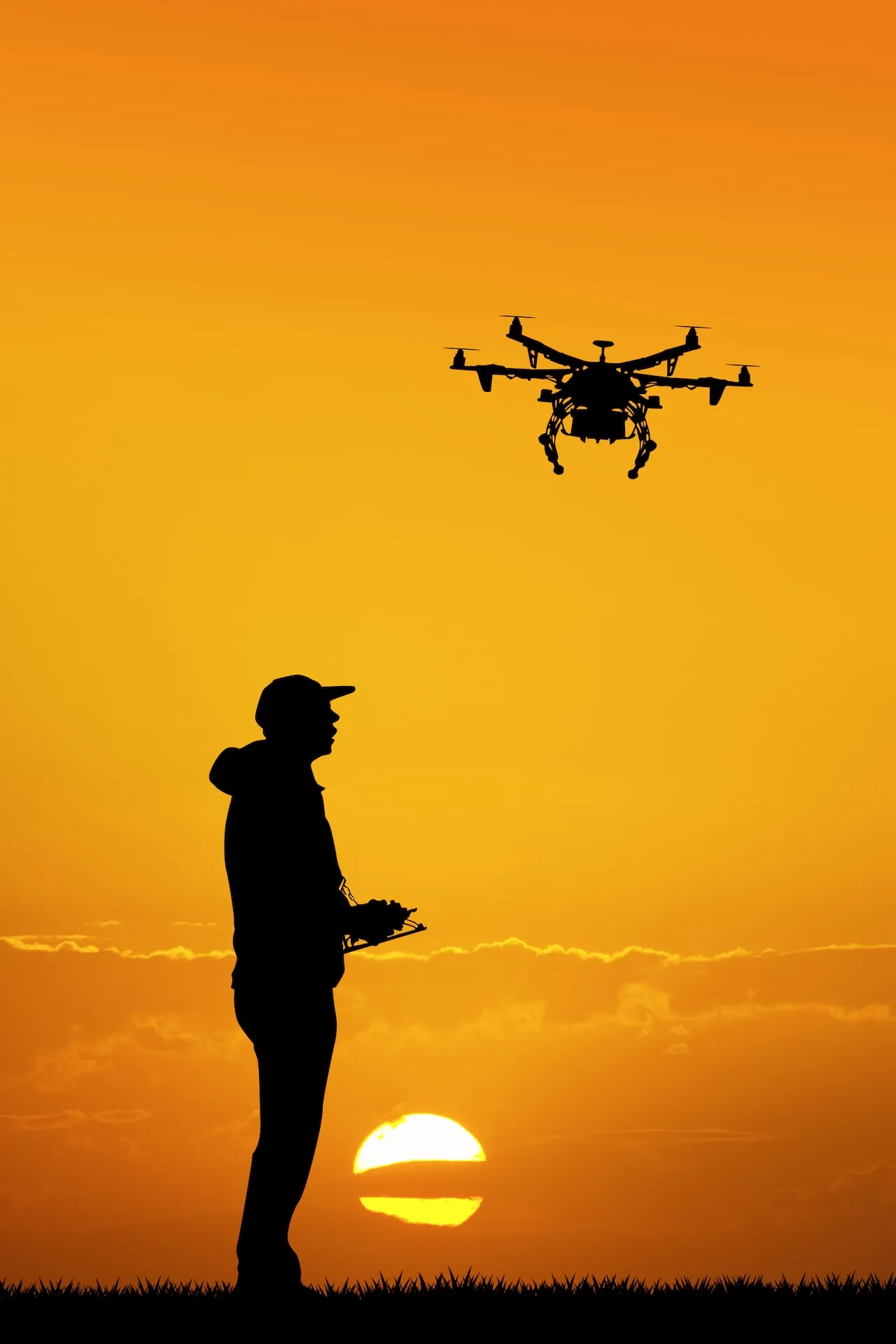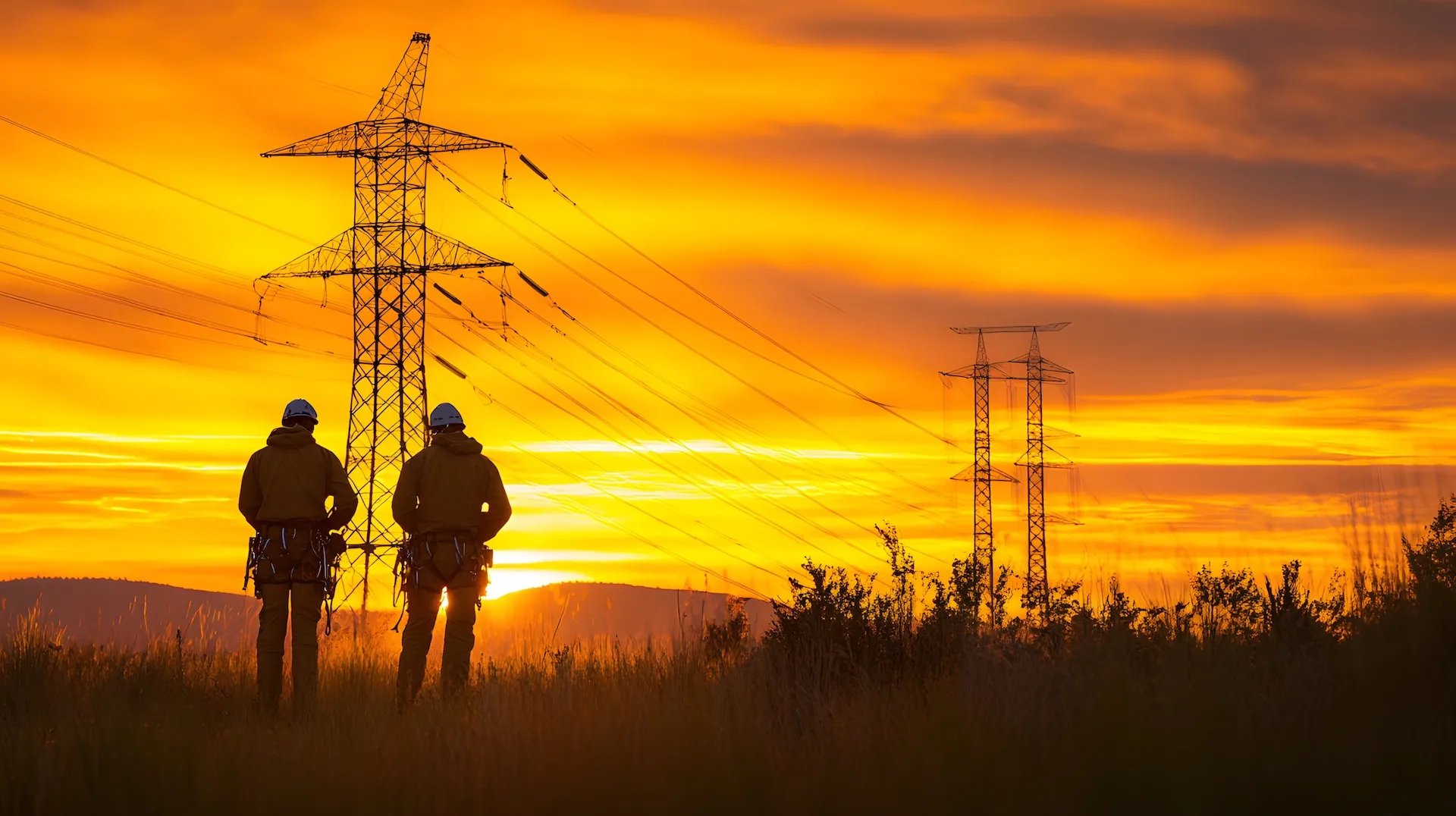Best Utility Pole Inspection Software: 3.4x More Anomalies Detected
Your inspection crews are working hard.But they're still missing critical defects that could take down your grid.
It's not a training issue. When you're inspecting from the ground with binoculars or doing windshield surveys, you physically cannot see woodpecker holes at 35 feet, hairline cracks in cross-arms, or loose hardware on the backside of poles. These invisible problems compound until they cause outages, fires, or worse.
The solution isn't working harder, it's working smarter with the right inspection software.
The Hidden Cost of Missed Defects
Every utility has experienced this scenario:
A pole that passed inspection six months ago suddenly fails. The post-mortem reveals extensive rot at the top completely invisible from ground level. Now you're dealing with an unplanned outage, a emergency crew callouts, and angry customers.
This happens because traditional inspection methods have fundamental limitations. And those limitations are expensive.
What Gets Missed in Manual Inspections
Height-related issues: Anything above 20feet is essentially guesswork Back-side damage: Inspectors typically view poles from the road only
Early-stage problems: Small cracks and minor rot that will become major failures Connection issues: Loose bolts and hardware that haven't failed... yet
When inspectors are pressured to check 40+ poles per day, these problems slip through. It's inevitable.
Enter Software-Powered Drone Inspections
The best utility pole inspection software doesn't just digitize your old process—it fundamentally changes what's possible.
By combining high-resolution drone imagery with intelligent data management, utilities are detecting 3.4x more anomalies on average. That's not an incremental improvement. It's a complete shift in grid visibility.
The Technical Advantage
● 360-degree capture: Drones photograph every angle, including tops and backsides traditional crews never see
● Zoom capability: Inspectors can examine hardware at 50x magnification from their desk
● Thermal imaging: Electrical hotspots appear before components fail
● Consistent documentation: Every pole gets the same thorough review, regardless of weather, time constraints, or inspector experience
But hardware is only part of the equation. The software that processes and organizes this data makes the real difference.
From Images to Insights: How the Software Works
Modern utility pole inspection software transforms thousands of drone photos into actionable intelligence.
Here's the workflow that leading utilities are using:
- Automated Asset Matching
○ GPS data instantly links photos to correct pole numbers
○ No manual sorting or renaming files
○ Mismatched images get flagged for quick correction
- Structured Inspection Process
○ Customizable forms guide consistent defect identification
○ Dropdown menus eliminate subjective descriptions
○ Severity rankings automatically prioritize repairs
- Intelligent Reporting
○ One-click export to work management systems
○ Heat maps showing problem areas across your territory
○ Trending reports to spot accelerating deterioration
The result? Issues that would have been missed for years get caught, documented, and fixed before they cause problems.
Proof in Practice: Real Utility Results
While we can't share specific utility names without permission, the patterns across implementations are remarkably consistent:
● Detection rates increase by 3-4x in the first inspection cycle
● Critical finds include issues missed for multiple previous inspections
● Preventable outages identified average 15-20 per 1,000 poles inspected
● ROI typically achieved within 6-12months through outage prevention alone
These ranges come from aggregated user feedback and industry reports. Your specific results will vary based on current inspection methods and grid conditions.
Choosing Software That Delivers Results
Not all inspection platforms are created equal. The best utility pole inspection software should include:
Must-Have Features
✓Bulk upload processing - Handle hundreds of photos without manual intervention
✓ Offline inspection mode - Work in areas with no cell coverage
✓ API integrations - Connect to GIS,Maximo, or other asset systems
✓ Audit trails - Track who inspected what and when
✓ Mobile-optimized interface - Review and tag from tablets in the field
Red Flags to Avoid
✗Requiring manual photo organization
✗ Limited to specific drone models
✗ No thermal image support
✗ Complicated user interfaces that require extensive training
✗ Lack of integration with existing utility systems
Implementation: Your First 90 Days
Days 1-30: Foundation
● Select pilot area (500-1,000poles)
● Train 2-3 staff on software
● Establish inspection criteria
● Complete baseline traditional inspection for comparison
Days 31-60: Execution
● Fly and capture imagery
● Process through inspection software
● Document all findings
● Compare results to baseline
Days 61-90: Optimization
● Refine inspection workflows
● Calculate defects found vs.traditional method
● Project ROI based on prevented failures
● Plan expanded deployment
Most utilities find enough additional critical issues in their pilot to justify immediate expansion.
Addressing the Skeptics
"Our inspectors know their territory, they don't miss much"
Your experienced crews are invaluable.This software makes them even more effective by giving them tools to see what's physically impossible to spot from the ground. Think of it as giving your best inspectors superpowers, not replacing their expertise.
"Drone programs are complicated and expensive"
The software handles the complexity.Modern platforms are designed for utility workers, not computer scientists. Aa for cost, most utilities save more in prevented outages during year one than they spend on the entire program.
"We already tried drone inspections and got overwhelmed with data"
That's exactly why specialized utility pole inspection software exists. It turns overwhelming data into organized, actionable information. Without the right software, drone programs do fail.With it, they transform operations.
The Path Forward
Traditional inspection methods served utilities well for decades. But with aging infrastructure, tighter budgets, and increasing reliability demands, "good enough" isn't good enough anymore.
The best utility pole inspection software helps you find problems hiding in plain sight—problems that cause outages, start fires, and drain budgets through emergency repairs.
You don't need to transform your entire inspection program overnight. Start with your worst circuit. Document what traditional inspection finds. Then run the same circuit with drone-powered software inspection.
The 3.4x increase in anomaly detection isn't just a statistic. It represents real defects on your system that are currently going undetected.



